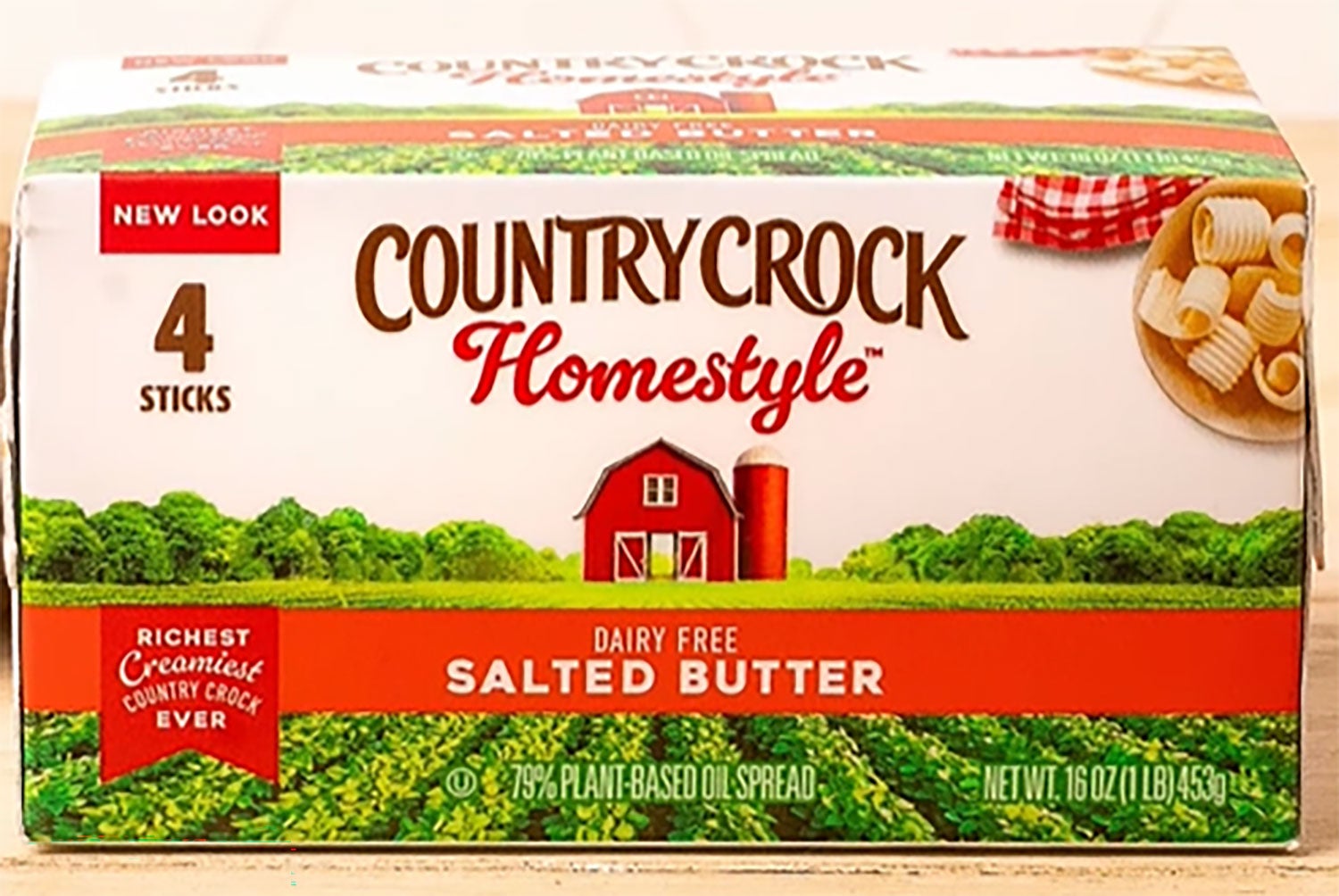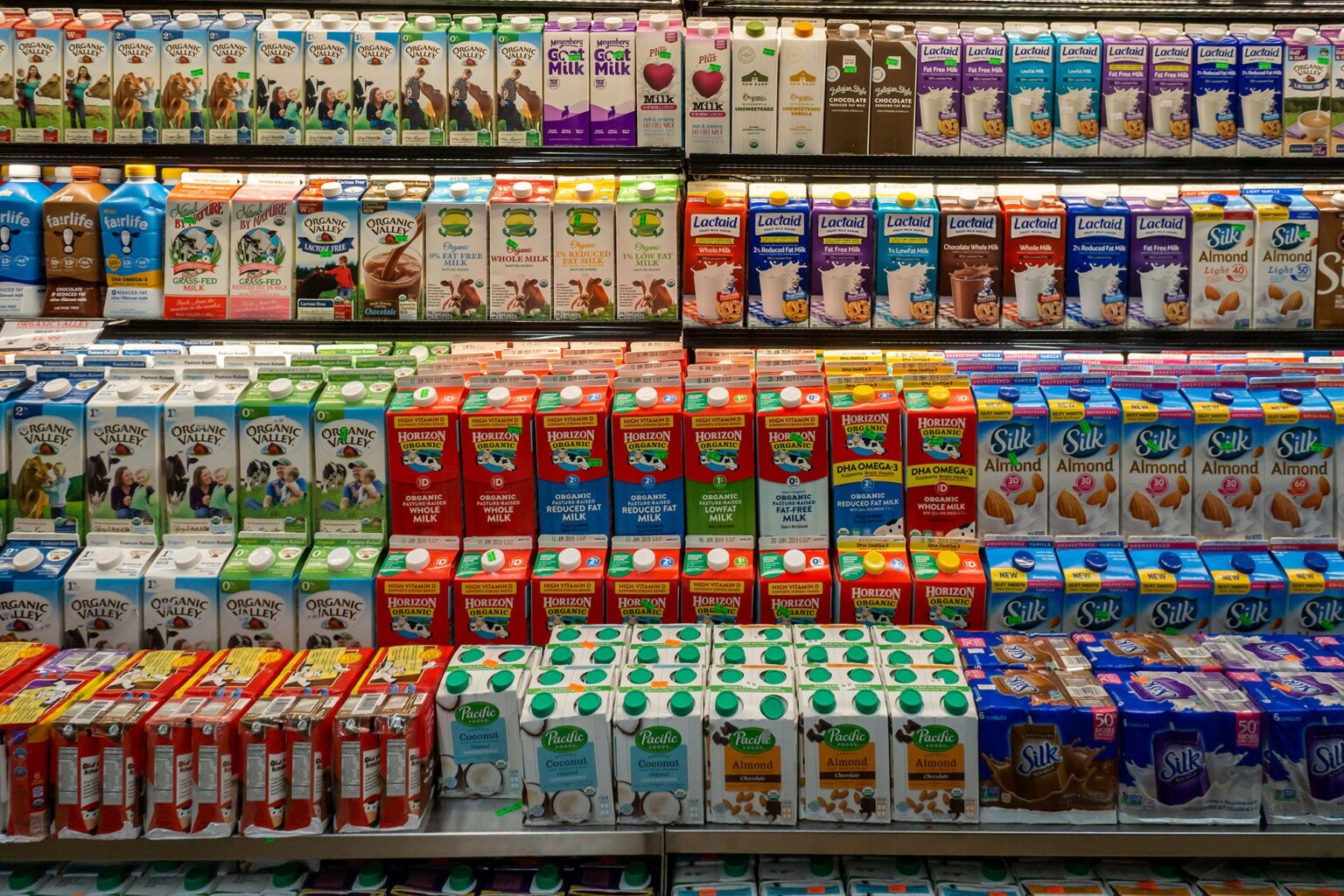Proper labeling of dairy products has long been at the forefront of farmer-friendly politicians, with versions of the DAIRY PRIDE Act being in the legislative mix before. Today, a group of bipartisan senators again put forth a new dairy bill for consideration.
The DAIRY PRIDE Act of 2025 (officially the Defending Against Imitations and Replacements of Yogurt, milk, and cheese to Promote Regular Intake of Dairy Everyday Act) would ensure that plant-based products are prohibited from using dairy terms such as “milk,” “yogurt,” and “cheese” on product labels. There have been indications in the past that customers are confused about whether imitation cheese products are indeed dairy foods and whether they carry the same nutritional value.
Current Food and Drug Administration regulations define dairy products as being from animals, however, the most recent FDA guidance on fluid dairy products allows plant-based alternatives to continue to use dairy terms despite not containing dairy, nor having the nutritional value of dairy products. The DAIRY PRIDE Act would require the FDA to issue guidance for nationwide enforcement of mislabeled imitation dairy products within 90 days and require the FDA to report to Congress two years after enactment to hold the agency accountable for this update in their enforcement obligations.
“Preventing the misuse of dairy product names protects and enhances the confidence consumers have in the authenticity of the nutritious dairy products they buy,” said Heidi Fischer, a dairy farmer and president of Edge Dairy Farmer Cooperative. “We encourage timely action on this bill to prevent further misleading product names on our grocery store coolers and shelves.”

The argument from dairy producers is that calling non-dairy imitation products “milk” or “yogurt” — when they do not contain dairy and are instead from a plant, nut, or grain — hurts dairy farmers who work to ensure their products meet rigorous health standards and causes consumer confusion about the nutritional value of dairy versus imitation products.
The 2025 DAIRY PRIDE Act was introduced by U.S. Sens. Tammy Baldwin (D-WI), Jim Risch (R-ID), Susan Collins (R-ME), and Peter Welch (D-VT).
“For far too long, imitation dairy products made from plants and nuts have ridden the coattails of our dairy farmers and gotten away with using dairy’s good name without meeting those standards,” Baldwin said. “I’m proud to work with my Democratic and Republican colleagues to settle this once and for all by requiring the federal government to stop these imitation products of lesser nutritional value from using labels like milk, cheese, and yogurt.”
For many years, plant-based milk alternatives lacked many of the nutrients that real cow’s milk had, but recent innovations have allowed the plant-based market to close that gap and fortify their products to be more nutritious. Still, there’s a ways to go.
Data published in the Journal of the Academy of Nutrition and Dietetics found that milk alternatives were generally lower in protein and saturated fatty acids than dairy milk, with high variability in added sugars content. In fact, the data discovered a high nutritional variability between alternative milk product categories, as well as within the categories themselves (meaning not all oat milks deliver the same nutritional values).
The new legislation is supported by the National Milk Producers Federation, American Farm Bureau Federation, Edge Dairy Farmer Cooperative, Midwest Dairy Coalition, FarmFirst Dairy Cooperative, Wisconsin Farm Bureau Federation, Wisconsin Cheese Makers Association, Idaho Dairymen’s Association, and Associated Milk Producers.


